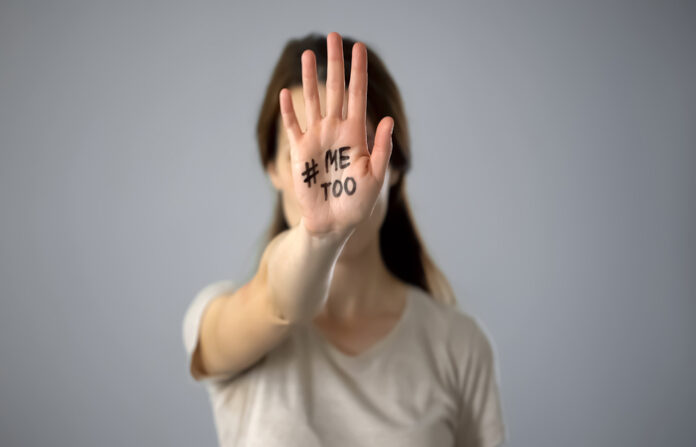Two years ago, in the wake of the Harvey Weinstein scandal, more women began coming forward with their own stories of sexual harassment by bosses and colleagues. The movement coalesced into #MeToo and helped bring down the careers of more than a few powerful men.
So what’s happened since then? Now that the media spotlight has moved on, have things returned to business as usual?
The answer is no, according to a major survey from SAP and the Associated Press-NORC Center for Public Affairs Research. The survey, which queried 1,000 Americans on how #MeToo and diversity and inclusion issues have affected today’s workplace, finds that employees who work for organizations that have implemented D&I policies say they’re seeing positive results. A considerable number say conditions are going to improve for women (53%) and for blacks (43%) as a result of such policies.
Click HERE to read how companies are putting ex-offenders back to work.
Even so, skepticism is prevalent: A majority of those surveyed (70%) do not believe that recent high-profile pushes for greater diversity and inclusion will impact them or lead to any substantial changes either in their workplace or for them personally. However, more than twice as many Americans who work at companies that have implemented D&I policies believe things will change for the better than those whose companies have not (43% vs 20%, respectively).
Four out of 10 people surveyed say their employer has implemented new D&I training and/or policies within the last two years, and 60% say they’ve resulted in positive changes at their organization. Workers at organizations that have implemented new anti-harassment policies, for example, are more likely than workers at organizations which haven’t introduced new policies to say they’ve changed how they interact with co-workers (43% vs 25%, respectively). They’re also more likely to have changed the way they talk about sexual misconduct at the workplace (43% vs 28%).
Interested in HR Tech? Follow along HERE with HRE’s coverage from HR Tech in Las Vegas.
#MeToo awareness hasn’t always translated into positive change, of course. A recent study found that more than 10% of men and women said they would be less willing to hire “attractive” women, while 22% of men and 44% of women believed men would be more likely to exclude women from social interactions. Nearly one-third of men expressed reluctance to have one-on-one meetings with women, while 58% felt men would have greater fears of being falsely accused.
As PwC’s Jennifer Allyn told me earlier this year, “Good men are feeling this anxiety and we need to recognize that.” At her company, findings such as these have been incorporated into a 90-minute workshop in which employees discuss such findings and debate the proper protocols for interacting with members of the opposite sex — including if and when it’s permissible for a male employee to hug a female colleague.
Ultimately, the SAP/NORC study finds that D&I is an issue companies can’t afford to ignore: 68% of respondents say whether an employer has D&I policies is moderately to very important to them, while 90% say that whether a company has equal opportunities for advancements and raises is also important when considering a job.



